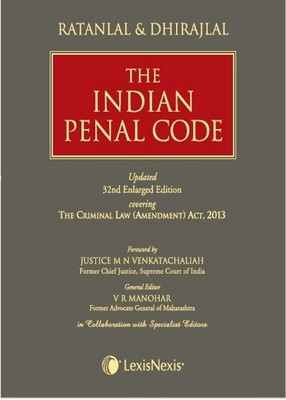The Hindu Marriage Act – Judicial Separation
HMA |
Section 10 – Judicial separation
- Either party to a marriage, whether solemnized before or after the commencement of this Act, may present a petition to the district court praying for a decree for judicial separation on the ground that the other party-
- has deserted the petitioner for a continuous period of not less than two years immediately preceding the presentation of the petition; or
- has treated the petitioner with such cruelty as to cause a reasonable apprehension in the mind of the petitioner that it will be harmful or injurious for the petitioner to live with the other party; or
- has, for a period of not less than one year immediately preceding the presentation of the petition, been suffering from a virulent form of leprosy; or
- has, for a of not less than three years immediately preceding the presentation of the petition, been suffering from venereal disease in a communicable form, the disease not having been contracted from the petitioner; or
- has been continuously of unsound mind for a period of not less than two years immediately preceding the presentation of the petition; or
- has, after the solemnization of the marriage, had sexual intercourse with any person other than his or her spouse.
Explanation.- In, this section, the expression “desertion”, with its grammatical variations and cognate expressions, means the desertion of the petitioner by the other party to the marriage without, reasonable cause and without the consent or against the wish of such party, and includes the wilful neglect of the petitioner by the other party to the marriage.
- Where a decree for judicial separation has been passed, it shall no longer be obligatory for the petitioner to cohabit with the respondent, but the court may, on the application by petition of either party and on being satisfied of the truth of the statements made in such petition, rescind the decree if it considers it just and reasonable to do so.

